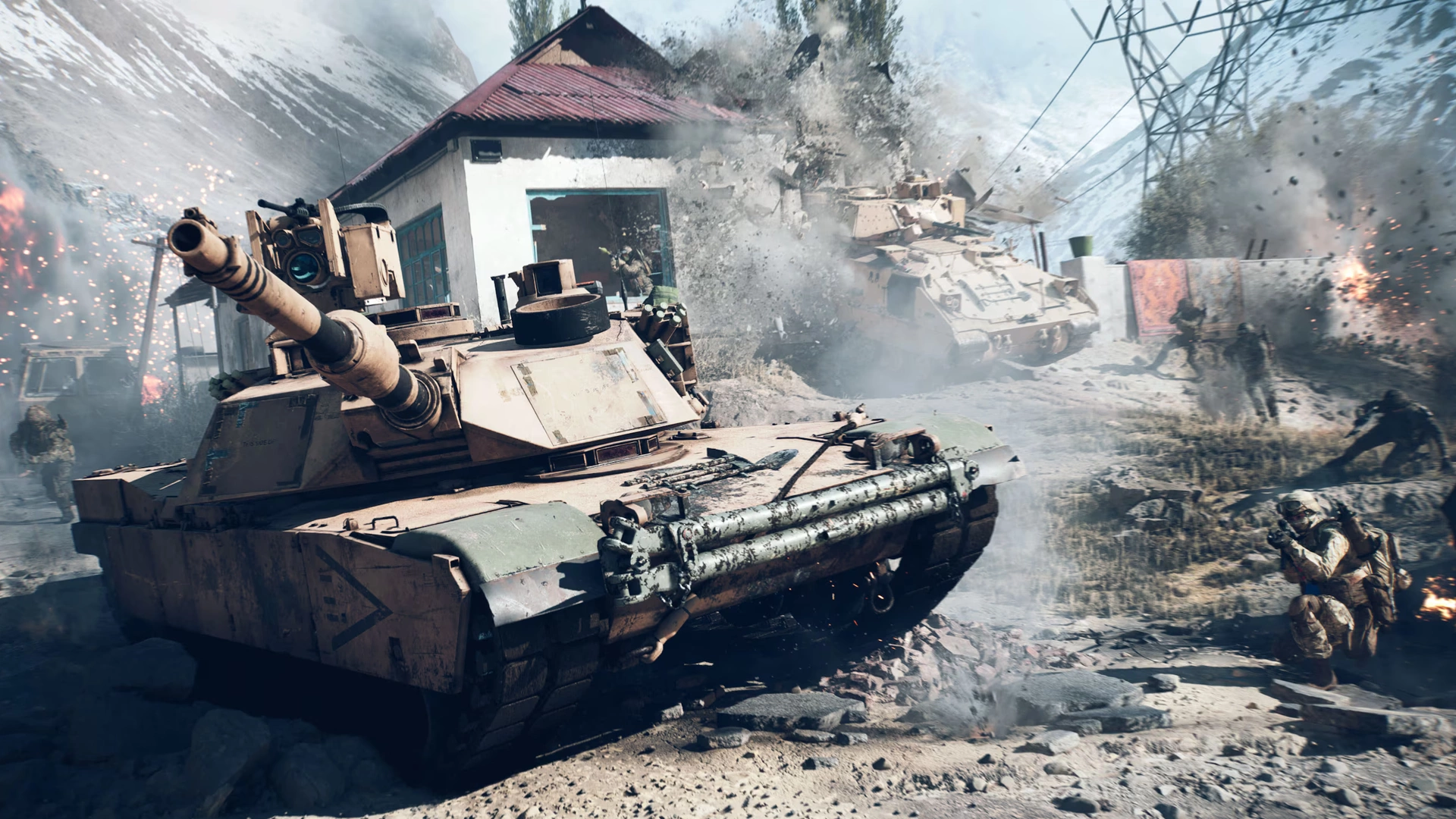EA’s new Javelin kernel-level anti-cheat is off to an aggressive start, blocking over 330,000 cheat attempts in just the first two days of the Battlefield 6 open beta. The publisher wasted no time celebrating the number, framing it as proof that its latest anti-cheat tech is actively catching and banning bad actors before they can ruin matches.
On paper, that’s a win. In practice, players aren’t entirely convinced. Social feeds and community forums are already filling up with clips showing blatant wallhacks, ESP outlines revealing enemy positions through solid cover, and headshots that look suspiciously like aimbots in action. For many, these moments prove that while Javelin is doing heavy lifting, it’s still far from airtight.
The stakes are higher than ever because this beta isn’t just big—it’s historic. Steam concurrency numbers hit record highs, making it the most-played Battlefield beta on the platform with over 300,000 players online at peak. That popularity means more honest players spotting and sharing potential cheats in real time, which only amplifies scrutiny.
Part of the challenge is that cheats evolve quickly. Even with kernel-level access, anti-cheat tools like Javelin are engaged in a constant game of cat and mouse with cheat developers. A detection update might wipe out one exploit, only for another to pop up hours later. This is why EA’s anti-cheat team has stressed the importance of community reporting—human players can still catch things that automated detection might miss.
If you’re planning to dive into the beta this weekend, our quick open beta guide covers everything you need to get started, from system requirements to game modes. And if you do encounter suspicious behavior, EA is urging players to submit clips and reports through official channels so Javelin can keep tightening its net.
For now, Battlefield 6’s anti-cheat is clearly working—but until players stop seeing ghostly silhouettes through walls and impossible precision shots, the trust gap remains wide.








